Foundation Crack Repair in Stony Brook, NY
Stop Foundation Cracks Before They Stop You
Permanent crack injection solutions that actually work – backed by licensed masonry expertise and Long Island experience.
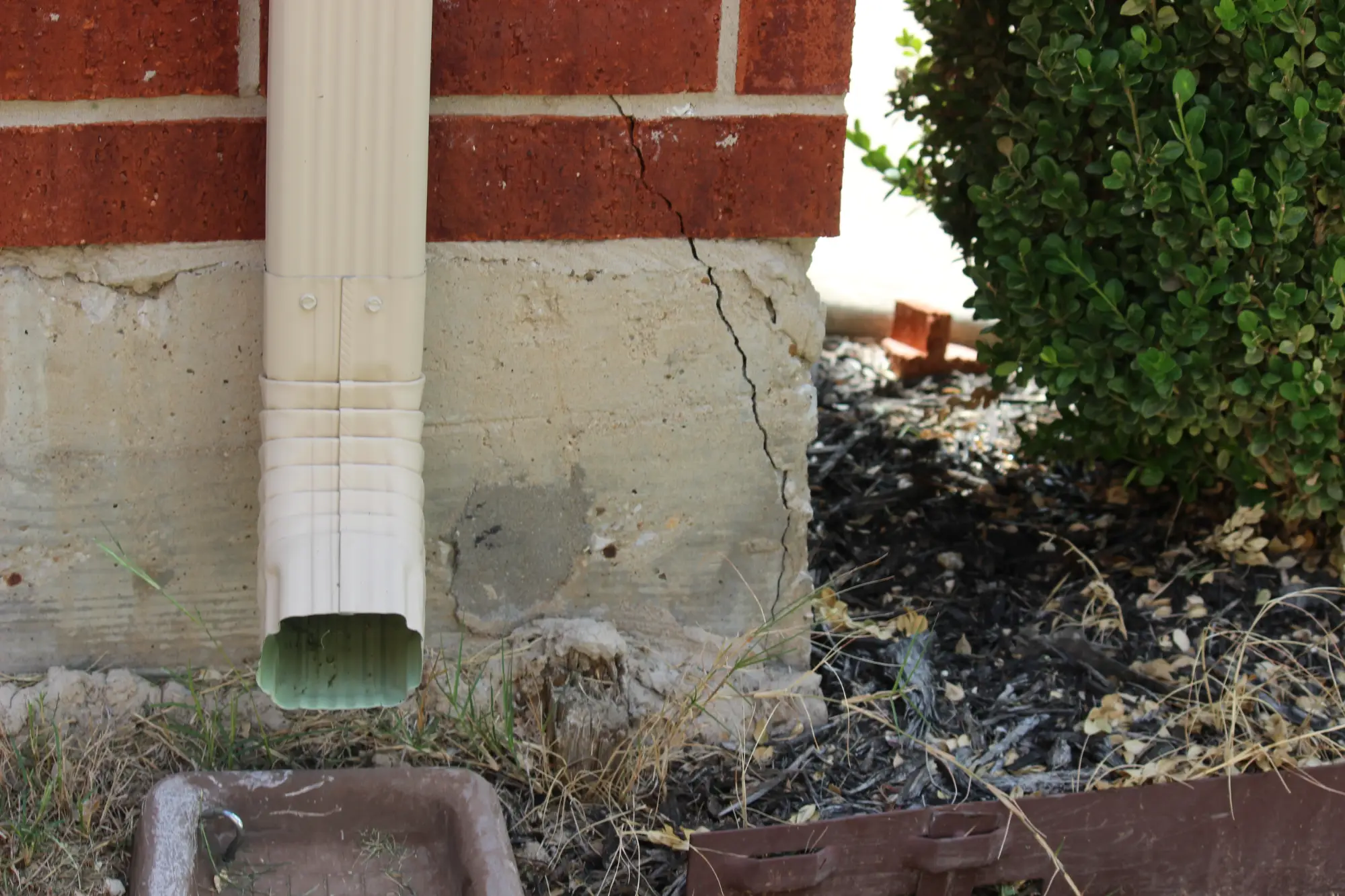
Hear About Us
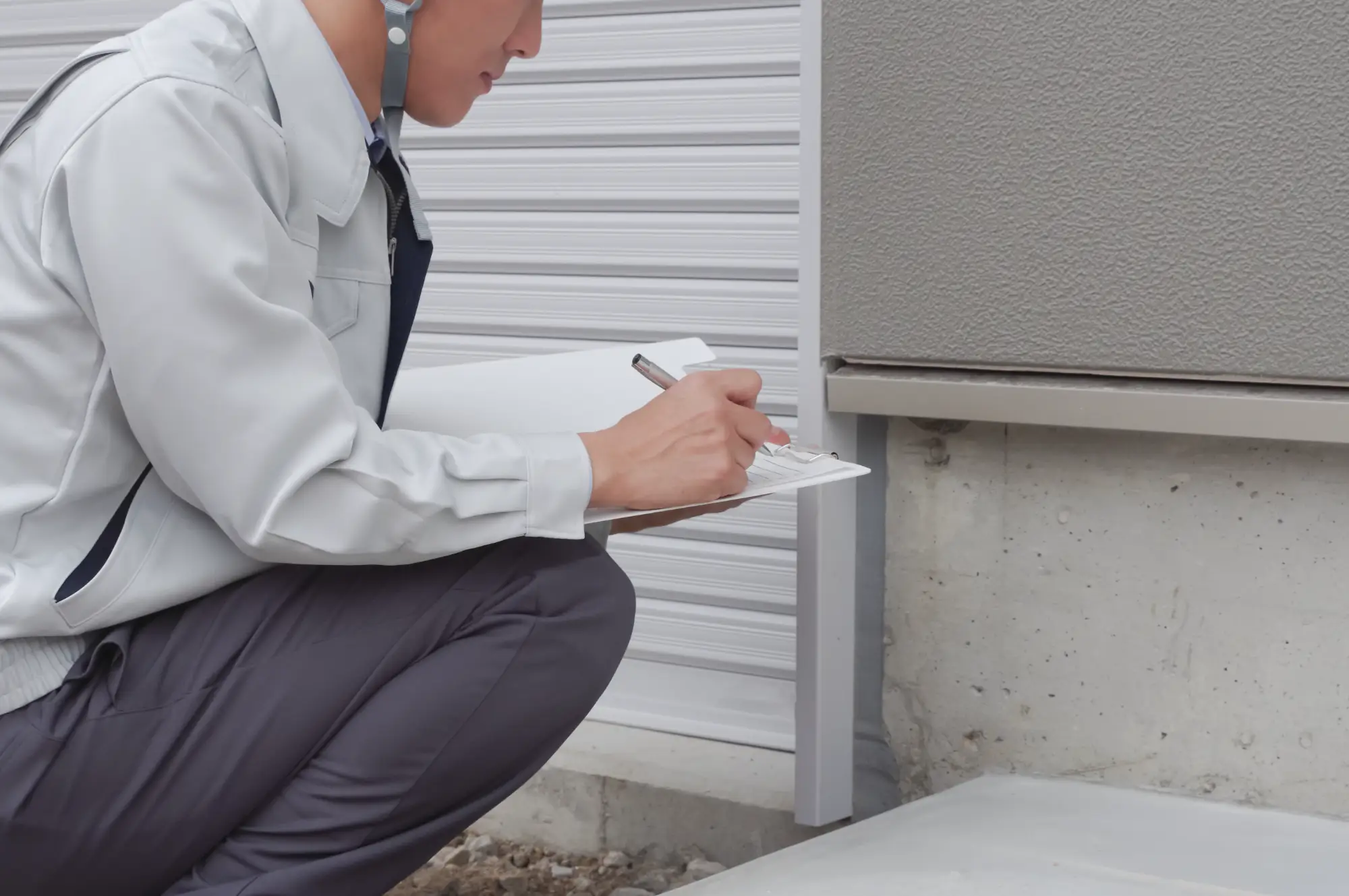
Professional Foundation Repair Contractors
You’ll sleep better knowing those cracks aren’t getting worse. No more wondering if that hairline crack will turn into a major structural problem, no more basement flooding during heavy rains, and no more musty smells creeping upstairs.
When foundation cracks are properly repaired, your basement becomes usable space again. You can store belongings without worry, finish that basement project you’ve been planning, or simply walk downstairs without that nagging concern about your home’s stability.
The right foundation crack repair protects what matters most – your family’s safety and your property’s value. You’re not just fixing cracks; you’re investing in long-term structural integrity that prevents bigger, more expensive problems down the road.
Stony Brook Foundation Repair Specialists
Diamond Masonry & Waterproofing LLC specializes in foundation crack repair throughout Stony Brook and Long Island. We understand how Long Island’s clay soil and freeze-thaw cycles affect foundation stability – knowledge that comes from years of working with local homeowners facing similar challenges.
We’re licensed masonry contractors who focus on permanent solutions, not quick fixes. When you call us, you’re getting honest assessment of what’s actually wrong and clear explanation of how we’ll fix it.
Every foundation repair we complete comes with our commitment to quality workmanship and transparent communication throughout the entire process.
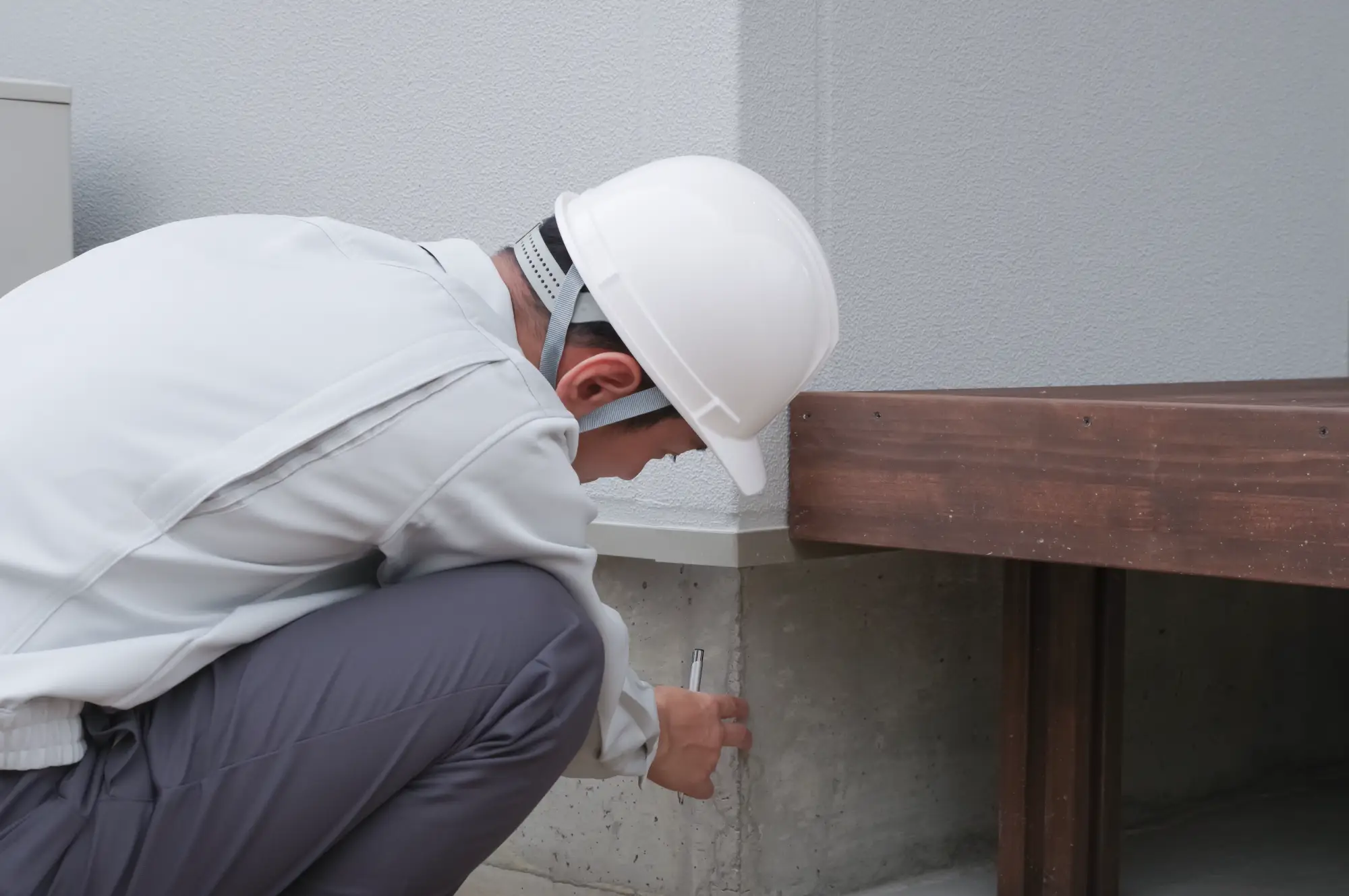
Foundation Crack Repair Process
First, we inspect your foundation to determine whether cracks are structural or settlement-related. This assessment tells us which repair method will actually solve your problem permanently, not just cover it up temporarily.
For most foundation wall cracks, we use professional-grade crack injection. This involves cleaning the crack thoroughly, installing injection ports, and pumping specialized polyurethane or epoxy resin under pressure to fill the entire crack from inside the wall. The material expands and cures, creating a waterproof seal stronger than the surrounding concrete.
Structural cracks require additional reinforcement work. We may install carbon fiber strips, steel reinforcement, or recommend underpinning depending on the severity. You’ll know exactly what we’re doing and why before we start any work.
After repairs cure, we test for water infiltration and provide maintenance recommendations to prevent future problems. The entire process typically takes one to two days for most residential foundation crack repairs.
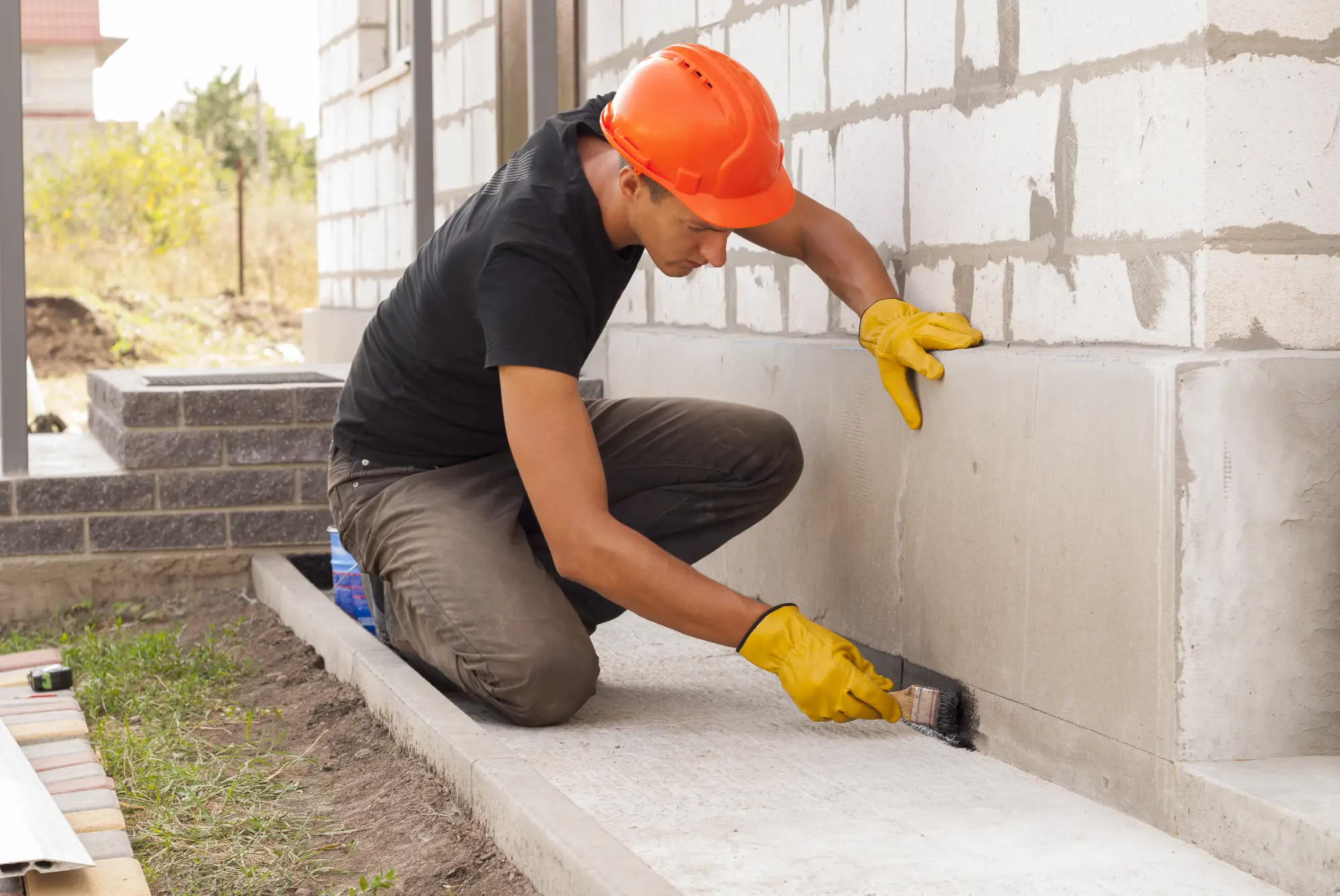
Ready to get started?
Explore More Services
About Diamond Masonry & Waterproofing
Get a Free Consultation
Complete Foundation Crack Solutions
Your foundation crack repair includes thorough crack assessment, professional-grade injection materials, and complete waterproofing of the repair area. We don’t just fill cracks – we address the underlying causes when possible.
Many Stony Brook homes built on clay soil experience foundation movement during wet seasons. We factor this into our repair approach, using flexible sealants that accommodate minor movement while maintaining waterproof integrity.
You’ll receive detailed documentation of the work completed, warranty information, and guidance on monitoring your foundation for future issues. We also identify other potential problem areas during our inspection, so you know what to watch for down the road.
Most importantly, you get honest communication about what needs immediate attention versus what can wait. We’re not here to oversell you – we’re here to solve the problem you called about and help you understand your foundation’s overall condition.
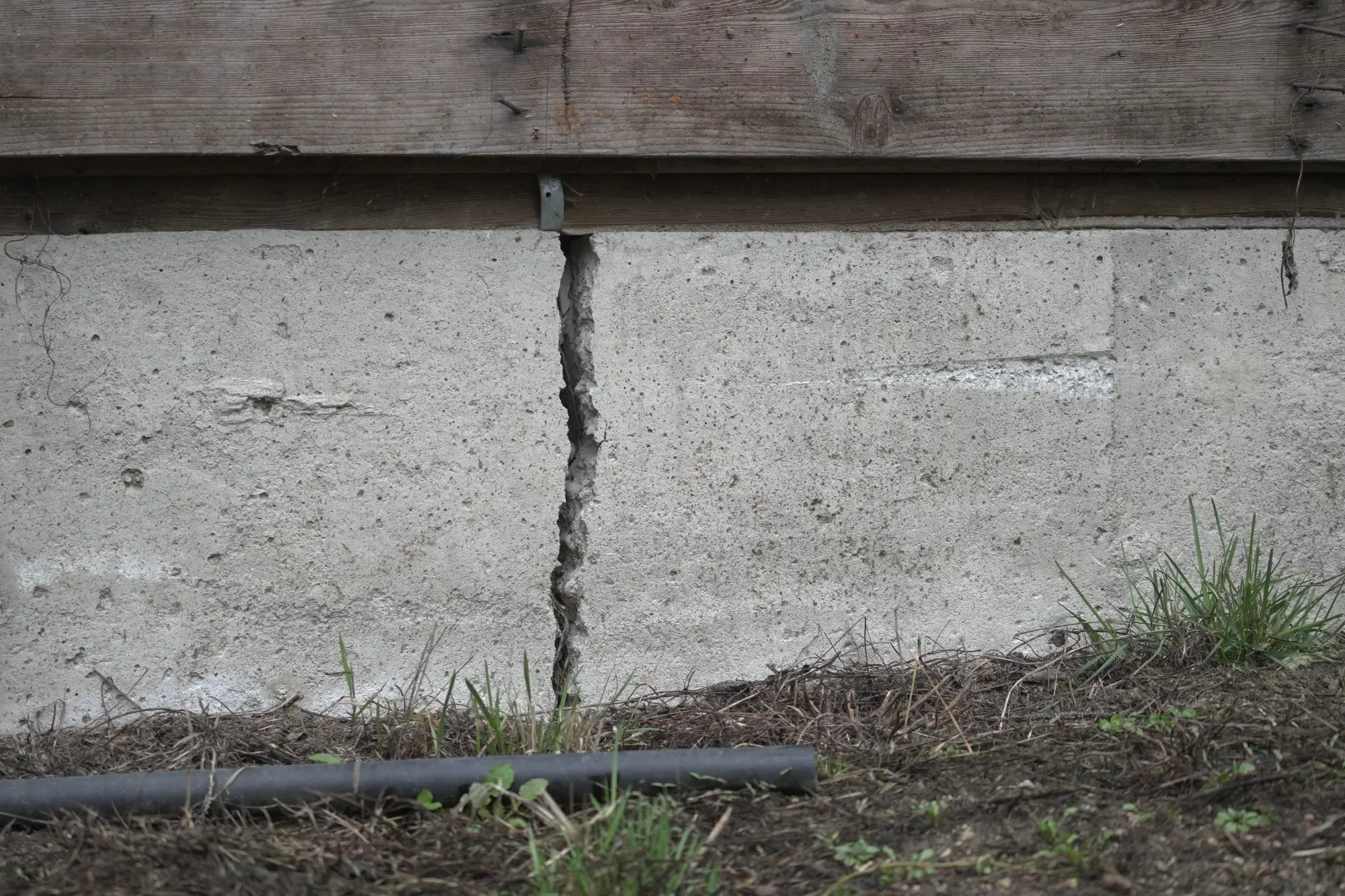
How do I know if my foundation crack needs professional repair?
What's the difference between crack injection and other foundation repair methods?
How long does foundation crack repair last?
Can foundation cracks be repaired from inside the basement only?
What causes foundation cracks in Long Island homes?
How much does professional foundation crack repair typically cost?
Local Resources
- Google Map Link
- Find the Stony Brook, NY USPS
- Locate Nearby Stony Brook, NY Pharmacies
- View the Current Weather in Stony Brook, NY
- Stony Brook, NY is located in Suffolk county in New York State